Benefits Of Spinach Juice For Your Skin, Hair, And Health
Drink a glass of this healthy juice every day to transform your health!
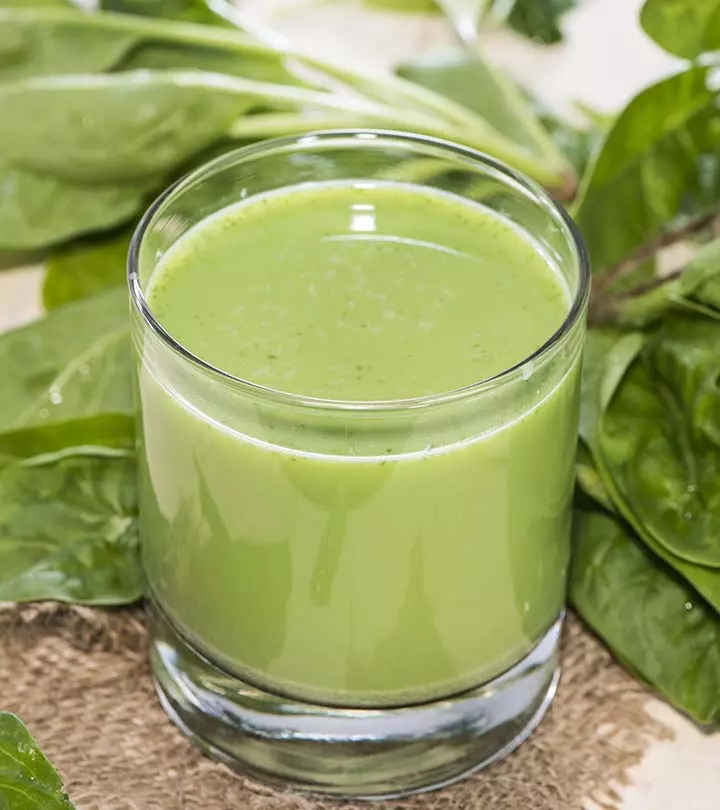
Image: Shutterstock
If you are health-conscious and familiar with foods that are health-promoting, you are most likely to be aware of the benefits of spinach and its great benefits already! Spinach, just like kale and other dark leafy greens, is not only rich in essential nutrients but also has a mild palatable taste. While you can get some of these nutrients when it is blanched, sautéed, or blended, you can get even more out of its raw juice! Loaded with all the important amino acids, carotenes, minerals, and vitamins, spinach juice is a powerhouse of nutrition and health benefits! The minerals found in spinach are alkaline in nature, which can help balance the pH of your body. Also, it is a rich source of vitamins A, C, and K, iron, folate, and potassium, and can add some protein to the diets of vegetarians and vegans. It is low in calories and can be blended with various other fruits and vegetables easily. By including this juice, you can easily increase your vegetable intake. Additionally, regular intake of raw spinach juice helps you improve the symptoms of many health conditions and gives your immunity a natural boost. More details about the benefits of spinach and its juice are found below. Keep reading!
 Know Your Ingredient: Spinach
Know Your Ingredient: SpinachWhat Is It?
A light or dark green liquid made from a mixture of spinach leaves and water.
What Are Its Benefits?
It reduces the risk of osteoporosis, treats bleeding gums, stimulates hair growth, and moisturizes the skin.
Who Can Consume It?
Anyone can consume this except people on blood-thinning medication.
How Often?
You can drink 1 glass of spinach juice in the morning daily.
Caution
Overconsumption may cause abdominal discomfort and increase the risk of kidney stones.
In This Article
Health Benefits Of Spinach Juice

Spinach is a green leafy vegetable that’s full of vitamins and nutrients like potassium, magnesium, manganese, carotene, and folic acid. The amount of iron in this vegetable is almost double the amount found in other vegetables like carrots or cabbage. Additionally, there are many spinach benefits, such as strengthening bones, boosting the immune system, and enhancing skin’s innate glow, that improve your overall health. Juliana Tamayo, MS, RD, LDN, says,” Spinach juice contains nutrients such as potassium, magnesium, vitamin K, iron, and B vitamins. It also happens to be high in certain antioxidants, such as lutein, beta-carotene, violaxanthin, and ferulic acid. Antioxidants help prevent cell and tissue damage caused by toxins and free radicals in the body.”

When you cook this vegetable, you lose a lot of nutrients in the process. So, it’s always advisable to consume it raw, at least once a day, or drink its juice. By drinking a glass of spinach juice every day, you’ll benefit in the following ways:
1. Prevents Anemia
The high iron content in spinach may help reduce the risk of anemia (1).
2. Relieves Rheumatoid Arthritis
Due to the high alkalinity of spinach, you can get relief from rheumatoid arthritis (2).
3. Maintains Alkaline Levels
Spinach clears out the tissues in your body (3) and helps maintain the alkalinity level of your blood.
4. Treats Bleeding Gums
Loaded with Vitamin K, spinach juice helps treat bleeding gums (4).
5. High In Antioxidants
Due to the high folic acid and antioxidants found in this vegetable, spinach can help to reduce your body’s homocysteinei An amino acid found in the body when proteins are broken down. High levels of it indicate damage to the inside of arteries. level and lower the hazards of atherosclerosisi A buildup of fats and lipids on the walls of arteries that makes them narrow and obstructs the flow of blood. (5). The antioxidants in this leafy veggie may also protect the liver. Registered Dietitian Bill Bradley says, “Spinach juice is rich in antioxidants, it protects your liver from damage caused by oxidative stress. It’s best to drink your spinach juice fresh. However, if you want to keep it in the fridge, the juice for 2 days. It’s a good and refreshing post-workout or breakfast drink.”
6. Fights Cancer Cells
Thanks to the presence of chlorophyll, flavonoidsi Natural compounds found in plant-based food like tea, chocolate, vegetables, and fruits that protect the cells from oxidative damage. , and lutein in spinach, it helps combat the formation of cancerous cells
(6).
7. Cures Cataract
Spinach helps fight vision problems (7) like night blindness and cataract given its high content of vitamin A (8) and carotenoids.
8. Combats Stomach Problems
Since spinach is rich in fiber (9), it helps combat stomach problems like colitisi Inflammation of the colon or large intestine that causes abdominal pain due to an autoimmune response or infection. , ulcers, poor digestion, and constipation.
9. Reduces The Risk Of Osteoporosis
The Vitamin K present in spinach helps anchor calcium in your bones (10), assuring healthy and strong bones.
10. Combats High Blood Pressure
One of the best effective benefits of spinach juice is that it combats high blood pressure (11).
11. Good For Pregnant Women

Extremely beneficial for pregnant women, spinach provides the essential nutrients needed by the developing fetus. Moreover, it’ll also enhance the amount and quality of milk produced in the mother’s body (12).
It’s quite amazing how many dietary benefits raw spinach has. These benefits are not just limited to your body alone; spinach has several skin and hair benefits too! Read on to learn more.
Key Takeaways
- Spinach juice is rich in vitamins and minerals that may help treat bleeding gums, and anemia, and fight against certain cancer cells.
- Consuming spinach juice daily may help promote healthy and glowing skin.
- The vitamin B complex present in spinach juice may stimulate hair growth and make it look shiny.
- Overconsumption of spinach juice may cause abdominal discomfort.
Benefits Of Spinach Juice For Skin

12. Your Perfect Skin Care Regimen
As time passes by, your skin starts losing its shine, luster, and softness. Over time, it starts developing wrinkles and dark patches as well. Instead of trying those anti-aging creams, skin tonics, masks, and ointments, try a glass of detox spinach juice every day. High in antioxidants, spinach helps keep your skin supple, and well hydrated and cleanses out toxins from the body. That way, you’ll be able to combat the damaging effects of time on your skin, without using any chemicals. The vitamins and antioxidants present in spinach play a crucial role in the promotion of healthy and glowing skin (13).
13. May Help Treat Acne
Spinach juice is a promising natural remedy to combat acne due to its rich content of vitamin A. This nutrient helps reduce sebum production. It also helps limit the development of Propionibacterium acnes, a key acne-contributing factor (14). A study demonstrated that patients with acne had notably lower plasma concentrations of vitamin A compared to a control group. The discrepancy in vitamin A levels was significant, with patients showing concentrations of 336.5 μg/L in contrast to the control group’s 418.1 μg/L. The study’s conclusions support the notion that addressing vitamin A deficiency may be a fundamental aspect of effective acne management and treatment (15). Thus, incorporating spinach juice into your diet may serve as an effective strategy to naturally harness the acne-fighting benefits of vitamin A.
Benefits Of Spinach Juice For Hair

14. Strong And Healthy Hair
Your hair forms an important part of your overall character and personality. If you have a thinning hairline or an itchy scalp, consider consuming a glass of spinach juice daily instead of using chemical-based hair tonics and shampoos. Spinach is loaded with vitamin B complex that is essential for hair cell rejuvenation. Thus, it is beneficial to consume spinach for hair growth (16).
 Did You Know?
Did You Know?There are many beneficial nutrients in spinach juice that can be attributed to these benefits as mentioned. Know what are these key nutrients from the next section.
Nutritional Value Of Spinach Juice
295 ml of spinach juice has the following nutrients (17):
Energy – 65.3 kcal
Protein – 8.12 g
Fat – 1.11 g
Ash – 4.88 g
Carbohydrates – 10.3 g
Fiber – 6.25 g
Sugars – 1.19 g
Iron – 7.7 mg
Magnesium – 224 mg
Phosphorus – 139 mg
How To Make Spinach Juice At Home
What You Need
- Spinach – 2 cups (cleaned and chopped)
- Celery – 1/2 cup (cleaned and chopped)
- Water – 150 ml
- Lemon juice – 3 tablespoons
Method
Place spinach and celery in a blender and blend until smooth.
Sieve the smoothie and transfer it to a glass.
Mix the lemon juice and serve fresh.
This juice can also be stored in a refrigerator for a day. However, Liz Cook, MS, RD, LDN, suggests, “Fresh juice should be consumed within 24 hours.”
Although spinach juice is generally safe for consumption, it may cause some side effects in some people. Know what they are from the following section.
Spinach Juice Side Effects
- Spinach juice is loaded with vitamin K that may interfere with blood-thinning medications like warfarin. Hence, people on these medications should consult their doctor before including spinach juice in their diet (18).
- It may cause abdominal discomfort in a few. Hence, overconsumption should be avoided.
- Spinach juice cannot be used as a meal replacement. It may not be filling and may trigger nutritional deficiencies. Hence, it should be added to a healthy diet.
- Juicing spinach may lower its fiber content. Hence, including it directly in the diet helps reap its benefits.
 Fun Fact
Fun FactSpinach juice can be made in many variations. Know what they are in the section below.
Spinach Juice Recipes
Spinach Pineapple Juice
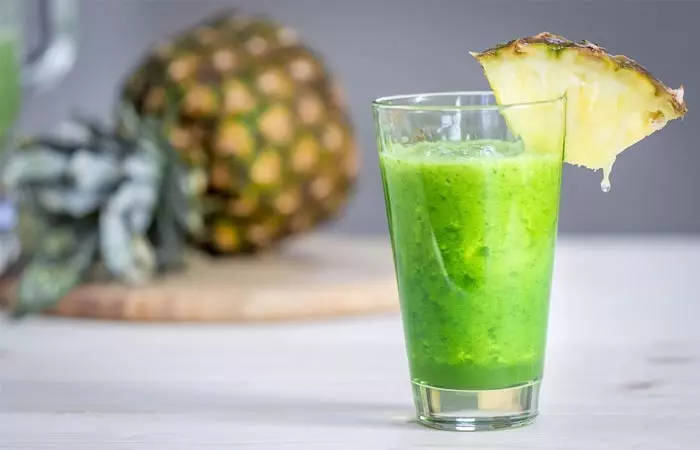
What You Need
- Spinach – 2 cups (cleaned and chopped)
- Celery – ½ cup (cleaned and chopped)
- Pineapple – 100 grams
- Green grapes – 100 grams
- Lemon juice – 4 tablespoons
- Sugar – 1 tablespoon
- Water – 150 ml
Method
Place spinach, celery, pineapple, and green grapes in a blender and blend till smooth.
Strain the juice into a large pitcher and mix lemon juice and sugar. Stir it once.
Transfer the juice to a glass with ice cubes and serve chilled. It can also be had directly without ice cubes.
Indian Gooseberry And Spinach Smoothie
What You Need
- Spinach – 1 cup (roughly chopped)
- Indian gooseberry – 2
- Cucumber – ½ cup
- Coriander – ½ cup
- Water – 3 cups
Method
Place all the ingredients in a blender and blend for at least 5 minutes.
Strain the juice and serve immediately.
It can also be stored in the refrigerator for 5 – 6 hours.
Spinach Apple Smoothie
What You Need
- Spinach – 2 cups (cleaned and chopped)
- Green Apple – 1 medium (chopped)
- Celery – ½ cup (cleaned and chopped)
- Water – 150 ml
- Lemon juice – 3 tablespoons
Method
Place spinach, green apple, and celery in a blender and blend with water until smooth.
Sieve the smoothie and transfer it to a glass.
Mix the lemon juice and serve fresh.
This juice can also be stored in the refrigerator for 5 to 6 hours.
Allison, a blogger, started a juice fast and shared how she felt on the second day. She noted that she had already lost 4 pounds, mainly water weight, and additional benefits, such as increased energy, reduced hunger, and improved sleep. She writes, “Wow, I had lost four pounds from Monday morning to Tuesday morning. I was really surprised, but knew that this was mainly water weight, but still, I was encouraged. I had great energy and was excited to start day two (i).”
Infographic: 7 Proven Benefits Of Drinking Spinach Juice
Green juicing has risen in popularity over the last few years, and one of the most popular components in making green juice is spinach. This is for a good reason— spinach is loaded with essential nutrients that can have multiple health benefits. Check out the infographic to learn how you can benefit from drinking spinach juice on a regular basis.
Some thing wrong with infographic shortcode. please verify shortcode syntax
Spinach juice is a rich source of protein and many essential nutrients. In addition, it is high in antioxidants and many other beneficial compounds. Spinach juice may prevent anemia, relieve rheumatoid arthritisi A chronic autoimmune disease that causes inflammation of the joints of hands, legs, and even internal organs. , maintain the body’s alkaline levels, help treat bleeding gums, and fight against certain cancer cells. It can also keep your skin supple and hydrated and promote strong, healthy hair. The nutritious juice provides immense refreshment and energy, so make sure to consume this healthy drink routinely to reap its maximum benefits.
Frequently Asked Questions
What is the best time to drink spinach juice?
It is recommended to drink spinach juice in the morning to reap its maximum benefits.
Can we drink boiled spinach juice?
Yes, you can drink boiled spinach juice. Anecdotal evidence suggests that boiled spinach juice can help treat constipation.
Can I drink spinach juice every day?
Yes, spinach juice can be had every day. It is loaded with nutrients that help promote vitality and overall health. However, it may have low fiber content. Hence, adding spinach to the diet seems to be nutritionally more advantageous.
Does spinach juice help lose weight?
Yes, spinach juice helps in losing weight (if the pulp is retained in the juice) and may improve your fitness. It has a decent amount of insoluble fiber that keeps you full and prevents you from overeating and helps promote overall wellness as well.
Can we take spinach juice on an empty stomach?
Yes, spinach juice can be had on an empty stomach. However, blanching spinach is recommended to improve palatability.
Illustration: Benefits Of Spinach Juice For Your Skin, Hair, And Health

Image: Dall·E/StyleCraze Design Team
Drink spinach juice for a healthy boost! Learn about the amazing benefits it has for your health in this informative video. Check it out!
Personal Experience: Source
StyleCraze's articles are interwoven with authentic personal narratives that provide depth and resonance to our content. Below are the sources of the personal accounts referenced in this article.
i. Eh, it tastes like grass smells. Day TWO of my juice fast!https://almcnorris.wordpress.com/2013/04/19/eh-it-tastes-like-grass-smells-day-two-of-my-juice-fast/
References
Articles on StyleCraze are backed by verified information from peer-reviewed and academic research papers, reputed organizations, research institutions, and medical associations to ensure accuracy and relevance. Read our editorial policy to learn more.
- Nutrition‐specific interventions for preventing and controlling anaemia throughout the life cycle: an overview of systematic reviews
https://www.ncbi.nlm.nih.gov/pmc/articles/PMC6513621/ - Diet and Rheumatoid Arthritis Symptoms: Survey Results From a Rheumatoid Arthritis Registry
https://www.ncbi.nlm.nih.gov/pmc/articles/PMC5563270/ - Diet-Induced Low-Grade Metabolic Acidosis and Clinical Outcomes: A Review
https://www.ncbi.nlm.nih.gov/pmc/articles/PMC5490517/ - Nutrition as a Key Modifiable Factor for Periodontitis and Main Chronic Diseases
https://www.ncbi.nlm.nih.gov/pmc/articles/PMC7827391/ - Antioxidant Effects of Spinach (Spinacia oleracea L.) Supplementation in Hyperlipidemic Rats
https://www.ncbi.nlm.nih.gov/pmc/articles/PMC3999804/ - Biological Effect of Different Spinach Extracts in Comparison with the Individual Components of the Phytocomplex
https://www.ncbi.nlm.nih.gov/pmc/articles/PMC7916335/ - Effects of Constant Intake of Lutein-rich Spinach on Macular Pigment Optical Density: a Pilot Study
https://pubmed.ncbi.nlm.nih.gov/26950968/ - Spinach or carrots can supply significant amounts of vitamin A as assessed by feeding with intrinsically deuterated vegetables
https://pubmed.ncbi.nlm.nih.gov/16210712/ - Diverticular Disease
https://www.niddk.nih.gov/health-information/digestive-diseases/diverticulosis-diverticulitis?dkrd=hispt0192 - Calcium absorbability from spinach
https://pubmed.ncbi.nlm.nih.gov/3354496/ - Effects of a nitrate-rich meal on arterial stiffness and blood pressure in healthy volunteers
https://pubmed.ncbi.nlm.nih.gov/24120618/ - Vitamin A and Pregnancy: A Narrative Review
https://www.ncbi.nlm.nih.gov/pmc/articles/PMC6470929/ - Antioxidants in dermatology
https://www.ncbi.nlm.nih.gov/pmc/articles/PMC5514576/ - Bioactive Compounds for Skin Health: A Review
https://www.ncbi.nlm.nih.gov/pmc/articles/PMC7827176/ - Does the plasma level of vitamins A and E affect acne condition?
https://pubmed.ncbi.nlm.nih.gov/16681594/ - A REVIEW: HERBAL THERAPY USED IN HAIR LOSS
https://pharmacy.dypvp.edu.in/pharmaceutical-resonance/downloads/original-research-articles/Volume3-Issue1/Article-0011-44-50.pdf - Spinach raw
https://fdc.nal.usda.gov/fdc-app.html#/food-details/168462/nutrients - A practical approach to minimize the interaction of dietary vitamin K with warfarin
https://pubmed.ncbi.nlm.nih.gov/24383939/
Read full bio of Janelle Bigelman
- Bill Bradlet, RD, is a registered dietitian who has led over 1600 workshops and authored two books. He has over half a decade of experience and specializes in the Mediterranean diet and lifestyle. He is an alumnus of the University of Massachusetts Amherst.
 Bill Bradlet, RD, is a registered dietitian who has led over 1600 workshops and authored two books. He has over half a decade of experience and specializes in the Mediterranean diet and lifestyle. He is an alumnus of the University of Massachusetts Amherst.
Bill Bradlet, RD, is a registered dietitian who has led over 1600 workshops and authored two books. He has over half a decade of experience and specializes in the Mediterranean diet and lifestyle. He is an alumnus of the University of Massachusetts Amherst. - Liz Cook, MS, RD, LDN, is a registered dietitian working with OnPoint Nutrition. She graduated from Penn State University in 2015 with a bachelor's degree in Nutrition as well as Marketing. She completed her dietetic internship with Aramark in Philadelphia and her master's degree at Northeastern University shortly after.
 Liz Cook, MS, RD, LDN, is a registered dietitian working with OnPoint Nutrition. She graduated from Penn State University in 2015 with a bachelor's degree in Nutrition as well as Marketing. She completed her dietetic internship with Aramark in Philadelphia and her master's degree at Northeastern University shortly after.
Liz Cook, MS, RD, LDN, is a registered dietitian working with OnPoint Nutrition. She graduated from Penn State University in 2015 with a bachelor's degree in Nutrition as well as Marketing. She completed her dietetic internship with Aramark in Philadelphia and her master's degree at Northeastern University shortly after. - Juliana Tamayo, MS, RD, LDN, is a registered dietitian with a master's degree in Nutrition, Dietetics, and Sensory Sciences from Kansas State University. She also works as a part-time writer and editor and clinical dietitian and covers all sorts of health and nutrition topics, including chronic illnesses, medicine, cooking, fitness, alternative healing, and more.
 Juliana Tamayo, MS, RD, LDN, is a registered dietitian with a master's degree in Nutrition, Dietetics, and Sensory Sciences from Kansas State University. She also works as a part-time writer and editor and clinical dietitian and covers all sorts of health and nutrition topics, including chronic illnesses, medicine, cooking, fitness, alternative healing, and more.
Juliana Tamayo, MS, RD, LDN, is a registered dietitian with a master's degree in Nutrition, Dietetics, and Sensory Sciences from Kansas State University. She also works as a part-time writer and editor and clinical dietitian and covers all sorts of health and nutrition topics, including chronic illnesses, medicine, cooking, fitness, alternative healing, and more.
Read full bio of Aparna Mallampalli
Read full bio of Ravi Teja Tadimalla
Read full bio of Payal Karnik








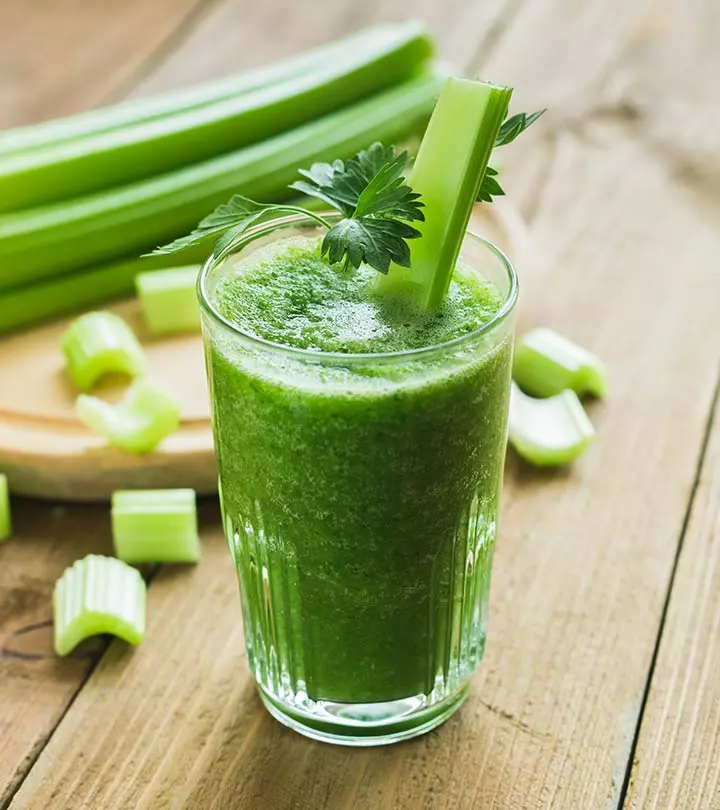
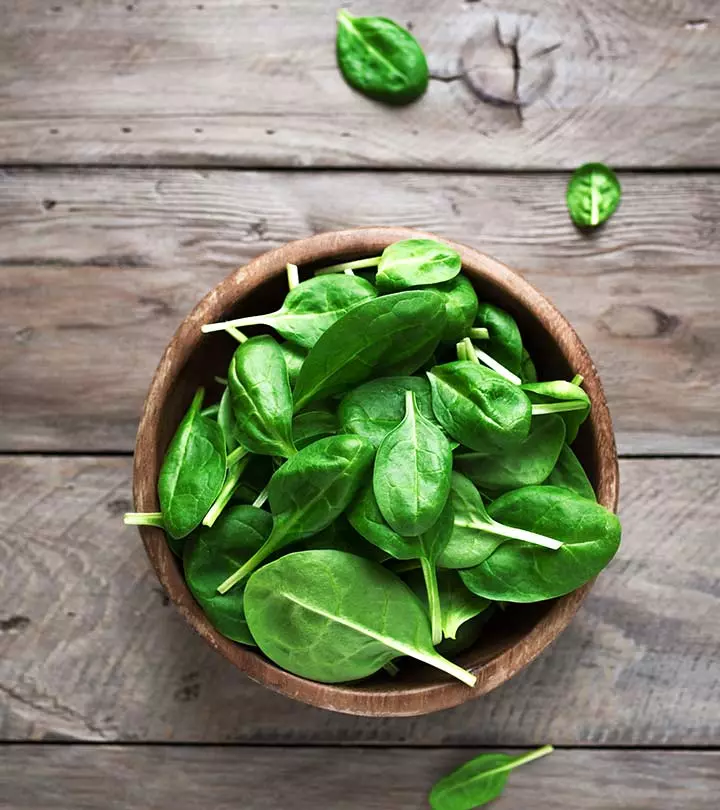


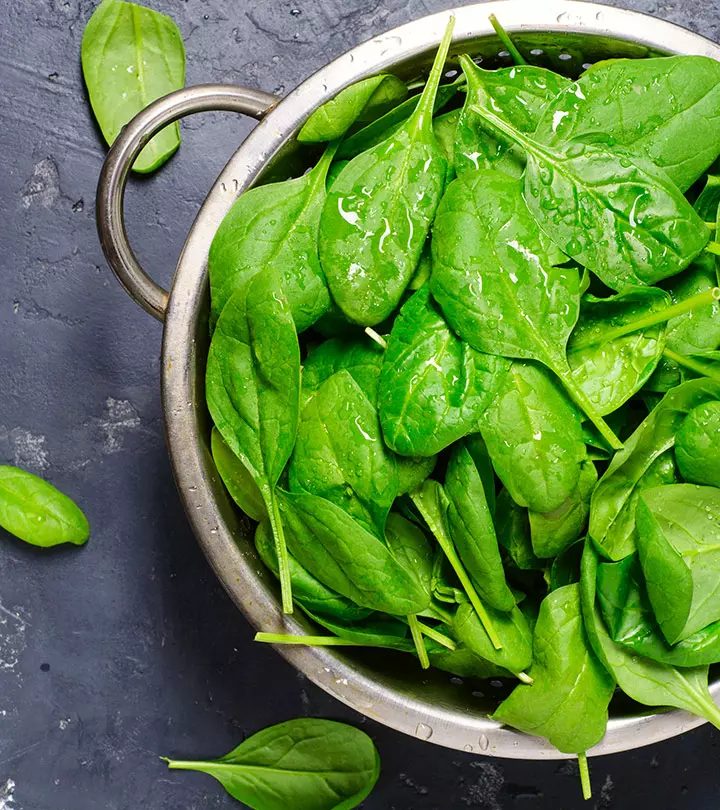
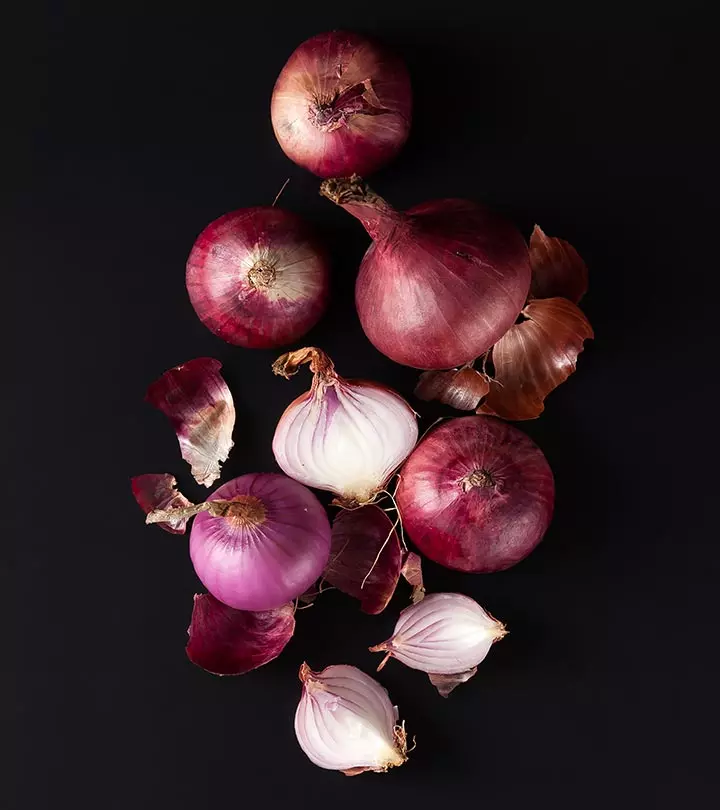

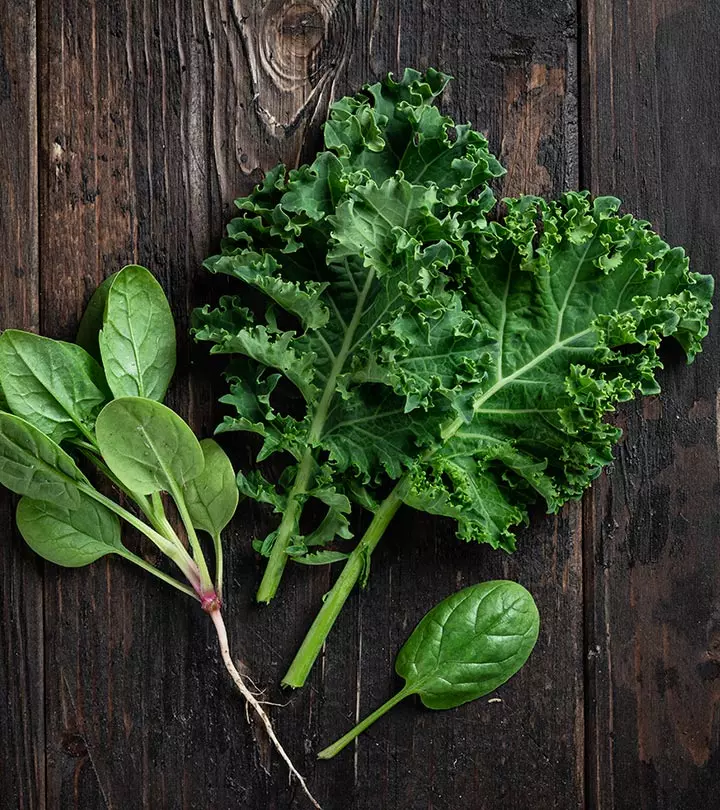




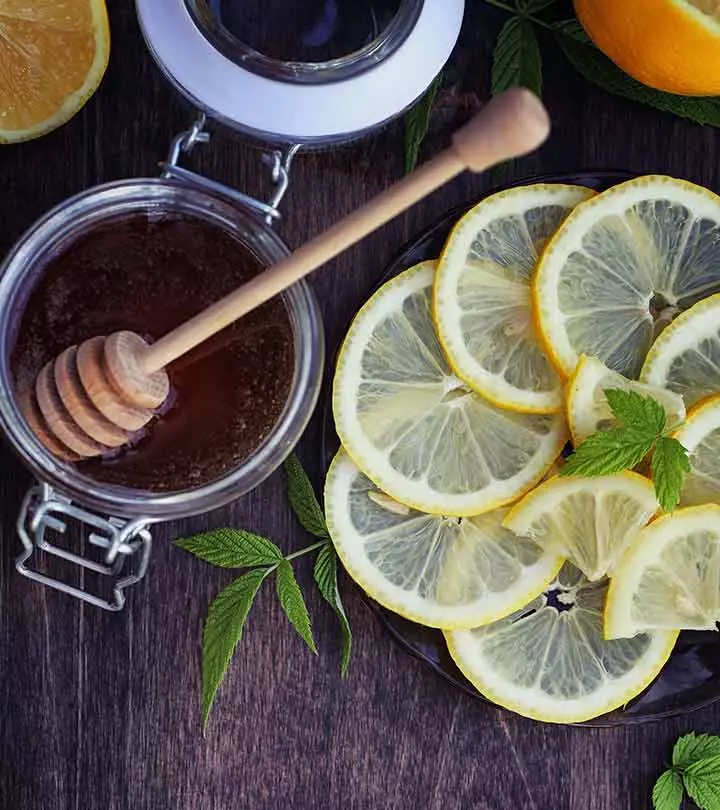
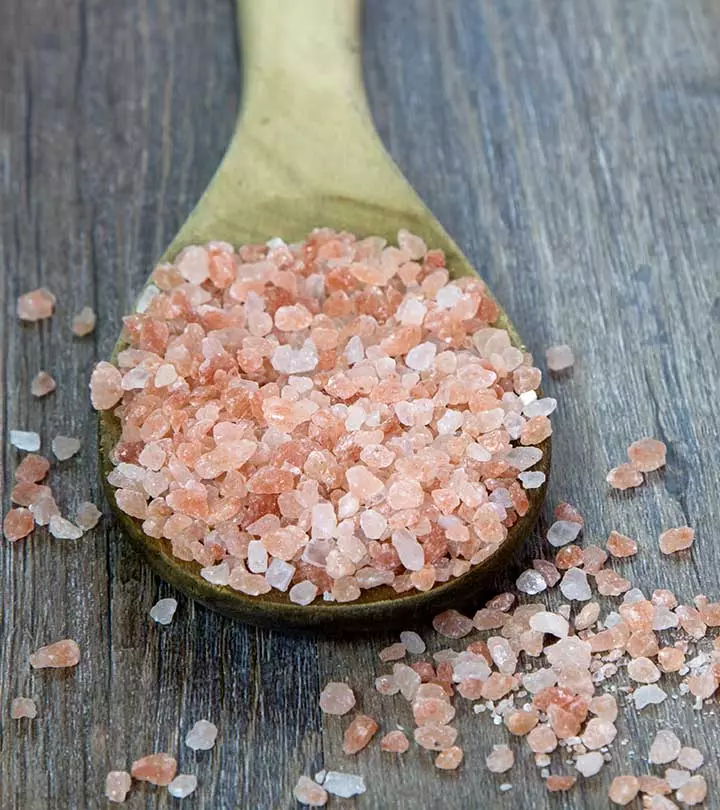
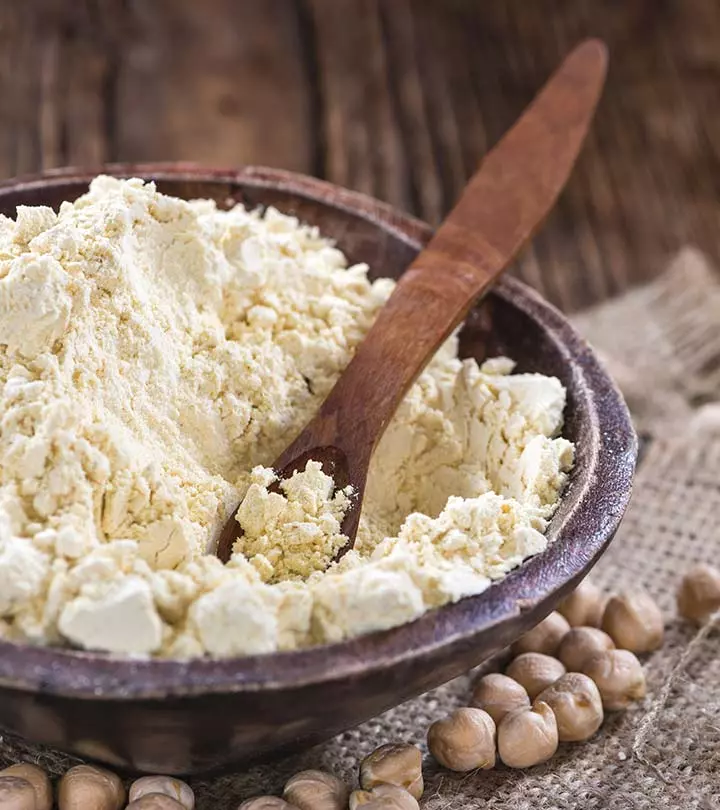

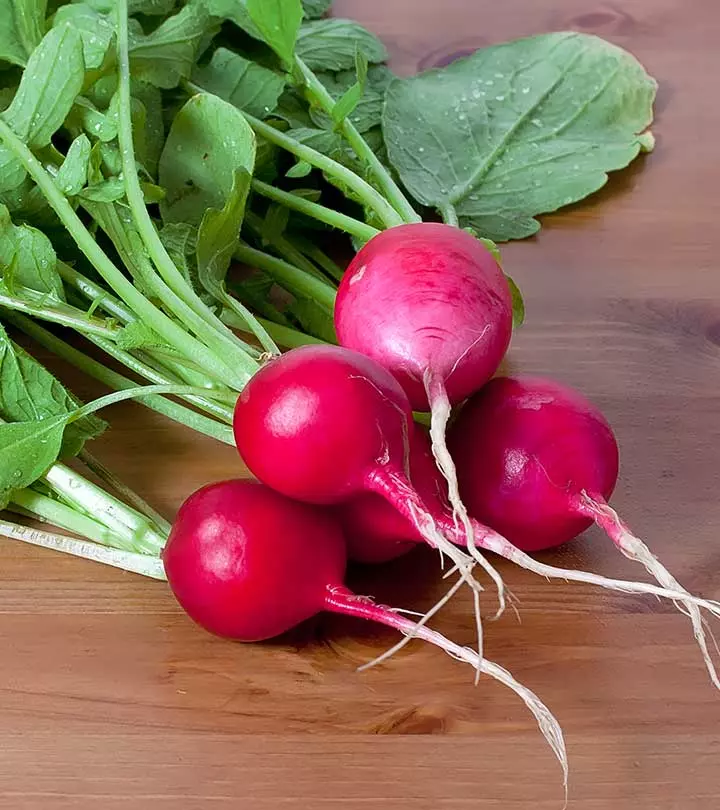
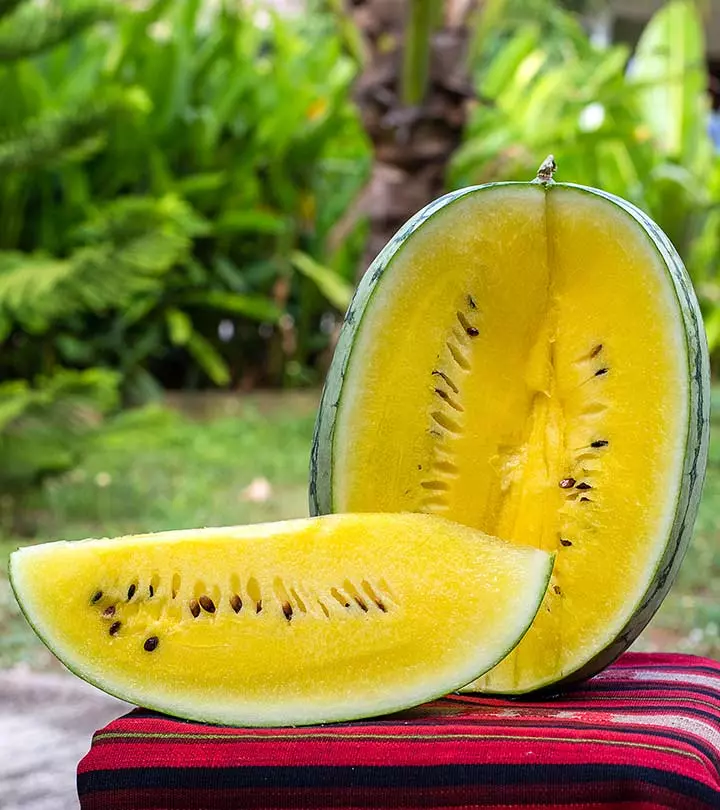

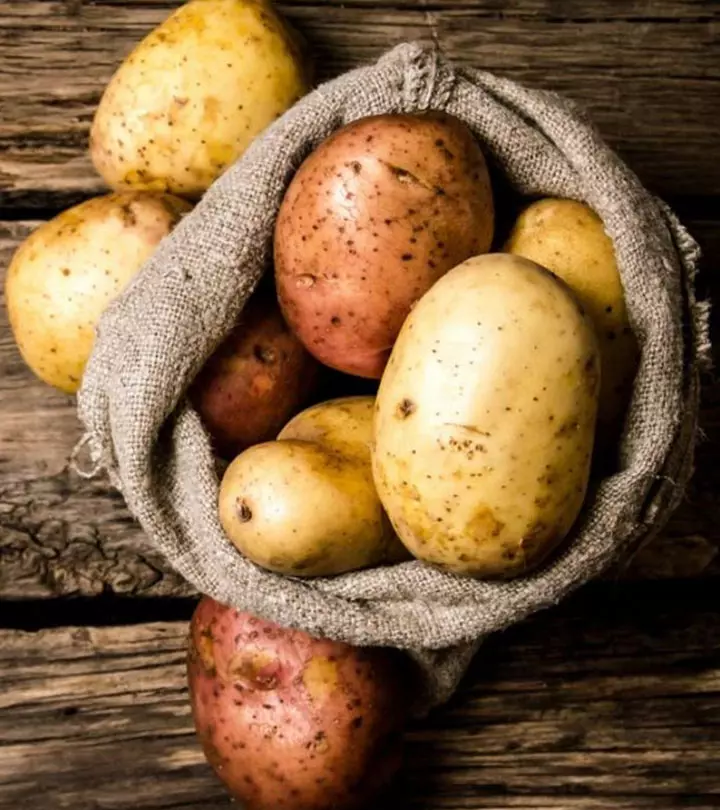
Community Experiences
Join the conversation and become a part of our empowering community! Share your stories, experiences, and insights to connect with other beauty, lifestyle, and health enthusiasts.